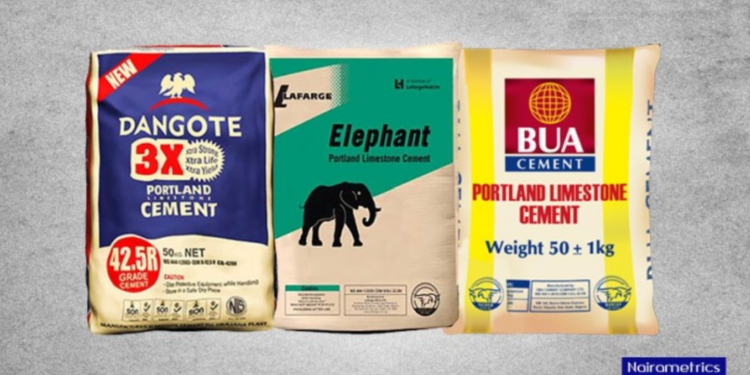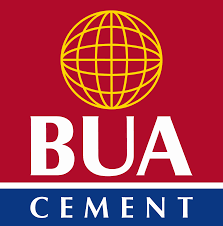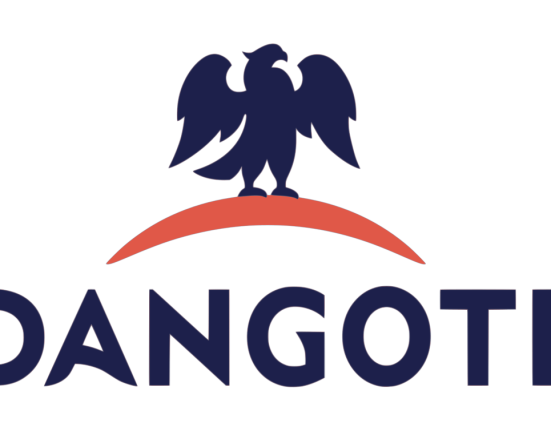Despite mounting frustration from consumers and builders over the unrelenting surge in cement prices across Nigeria, the country’s leading manufacturers, Dangote Cement, BUA Cement, and Lafarge Africa, continue to post record-breaking profits, raising critical questions about what’s really fuelling their financial growth.
While end-users are grappling with the burden of buying a 50kg bag of cement for as high as ₦8,000 in some parts of the country, recent financial disclosures by these cement giants suggest a boom season for the industry. Dangote Cement, for instance, reported a profit before tax of over ₦524 billion for the 2024 financial year. BUA Cement also posted significant earnings, boosted by price adjustments and strategic expansion, while Lafarge Africa saw profits soar, supported by efficiency in operations and pricing strategy.
However, industry analysts and market observers are beginning to question whether the rising profit margins are driven by increased production volumes or by continuous upward adjustments in prices. While the companies often point to rising costs of energy, logistics, and foreign exchange challenges to justify the price hikes, many stakeholders believe the dominant players may be leveraging their near-monopoly status in the sector to maintain elevated prices with minimal market resistance.
The implications are far-reaching. Real estate developers, individual home builders, and even government infrastructure projects are taking the hit, with many warning that the construction sector could face stagnation if affordability continues to deteriorate.
Meanwhile, calls for regulatory intervention are growing louder, with consumer rights groups and civil society organisations urging the government to either step in to curb artificial inflation or open the market to more competition. As the industry’s top players continue to enjoy significant profit margins, the question remains: are Nigerians simply paying more, or is the sector truly growing in capacity?
Only a transparent audit of production data and clearer communication from the manufacturers will tell if the current windfall is rooted in expansion or simply the cost of doing business in a highly concentrated market.




